MABN1802
Anti-pan-PMCA Antibody, clone 5F10
clone 5F10, from mouse
Sinonimo/i:
Plasma membrane calcium-transporting ATPase, Plasma membrane calcium pump
About This Item
Prodotti consigliati
Origine biologica
mouse
Livello qualitativo
Forma dell’anticorpo
purified immunoglobulin
Tipo di anticorpo
primary antibodies
Clone
5F10, monoclonal
Reattività contro le specie
chicken, rat, human
Confezionamento
antibody small pack of 25 μg
tecniche
ELISA: suitable
immunocytochemistry: suitable
immunohistochemistry: suitable (paraffin)
immunoprecipitation (IP): suitable
western blot: suitable
Isotipo
IgG2aκ
N° accesso NCBI
Condizioni di spedizione
ambient
modifica post-traduzionali bersaglio
unmodified
Informazioni sul gene
human ... ATP2B1(490) , ATP2B3(492) , ATP2B4(493)
Descrizione generale
Specificità
Immunogeno
Applicazioni
Immunocytochemistry Analysis: A representative lot detected pan-PMCA in Immunocytochemistry applications (Paszty, K., et. al. (2005). Biochem J. 391(Pt 3):687-92; DeMarco, S.J., et. al. (2002) J Biol Chem. 277(12):10506-11).
Immunoprecipitation Analysis: A representative lot immunoprecipitated pan-PMCA in Immunoprecipitation applications (DeMarco, S.J., et. al. (2002) J Biol Chem. 277(12):10506-11).
Western Blotting Analysis: A representative lot detected pan-PMCA in Western Blotting applications (Paszty, K., et. al. (2005). Biochem J. 391(Pt 3):687-92; Caride, A.J., et. al. (1996). Biochem J. 316 ( Pt 1):353-9).
ELISA Analysis: A representative lot detected pan-PMCA in ELISA applications (Caride, A.J., et. al. (1996). Biochem J. 316 ( Pt 1):353-9).
Neuroscience
Qualità
Immunohistochemistry Analysis: A 1:250 dilution of this antibody detected pan-PMCA in human cerebral cortex tissue sections.
Descrizione del bersaglio
Stato fisico
Stoccaggio e stabilità
Altre note
Esclusione di responsabilità
Not finding the right product?
Try our Motore di ricerca dei prodotti.
Codice della classe di stoccaggio
12 - Non Combustible Liquids
Classe di pericolosità dell'acqua (WGK)
WGK 1
Punto d’infiammabilità (°F)
does not flash
Punto d’infiammabilità (°C)
does not flash
Certificati d'analisi (COA)
Cerca il Certificati d'analisi (COA) digitando il numero di lotto/batch corrispondente. I numeri di lotto o di batch sono stampati sull'etichetta dei prodotti dopo la parola ‘Lotto’ o ‘Batch’.
Possiedi già questo prodotto?
I documenti relativi ai prodotti acquistati recentemente sono disponibili nell’Archivio dei documenti.
Il team dei nostri ricercatori vanta grande esperienza in tutte le aree della ricerca quali Life Science, scienza dei materiali, sintesi chimica, cromatografia, discipline analitiche, ecc..
Contatta l'Assistenza Tecnica.

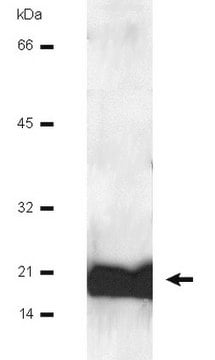


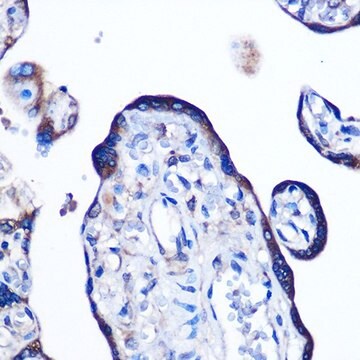
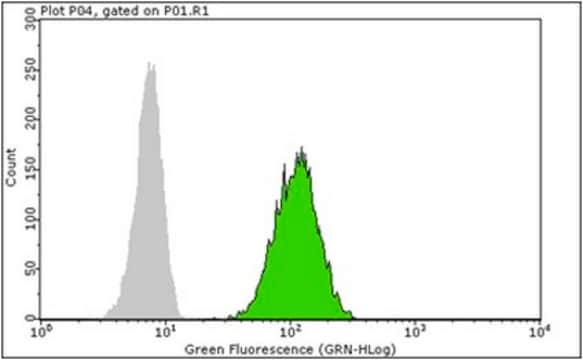
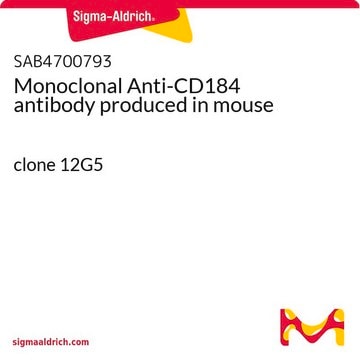
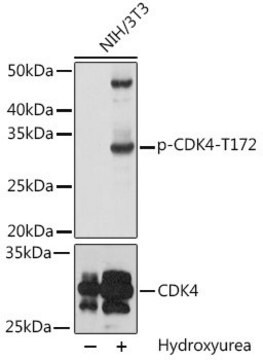
![1,4-Diazabicyclo[2.2.2]octane ReagentPlus®, ≥99%](/deepweb/assets/sigmaaldrich/product/structures/366/129/a6ff4175-974d-4fac-9038-b35e508ef252/640/a6ff4175-974d-4fac-9038-b35e508ef252.png)